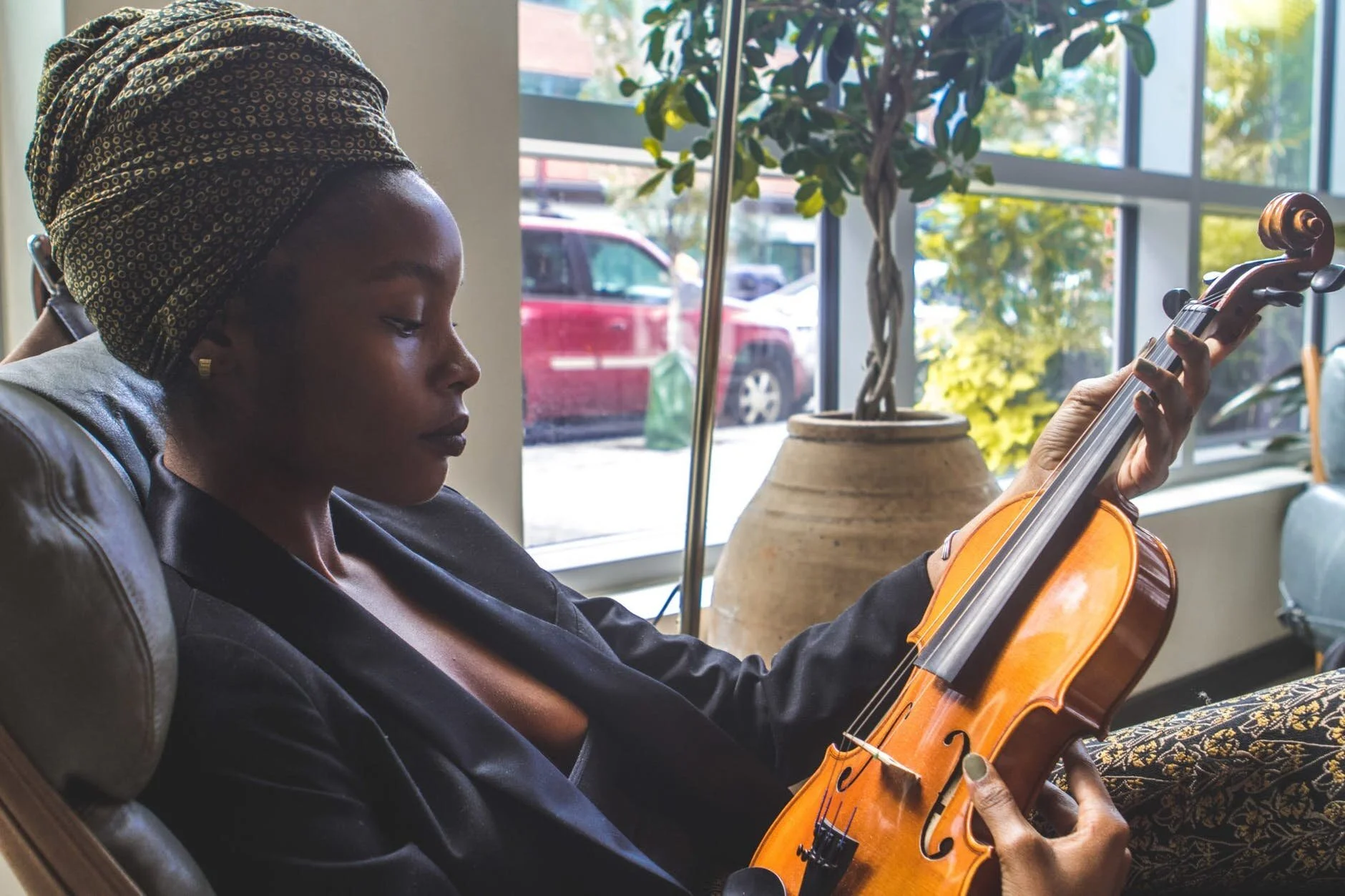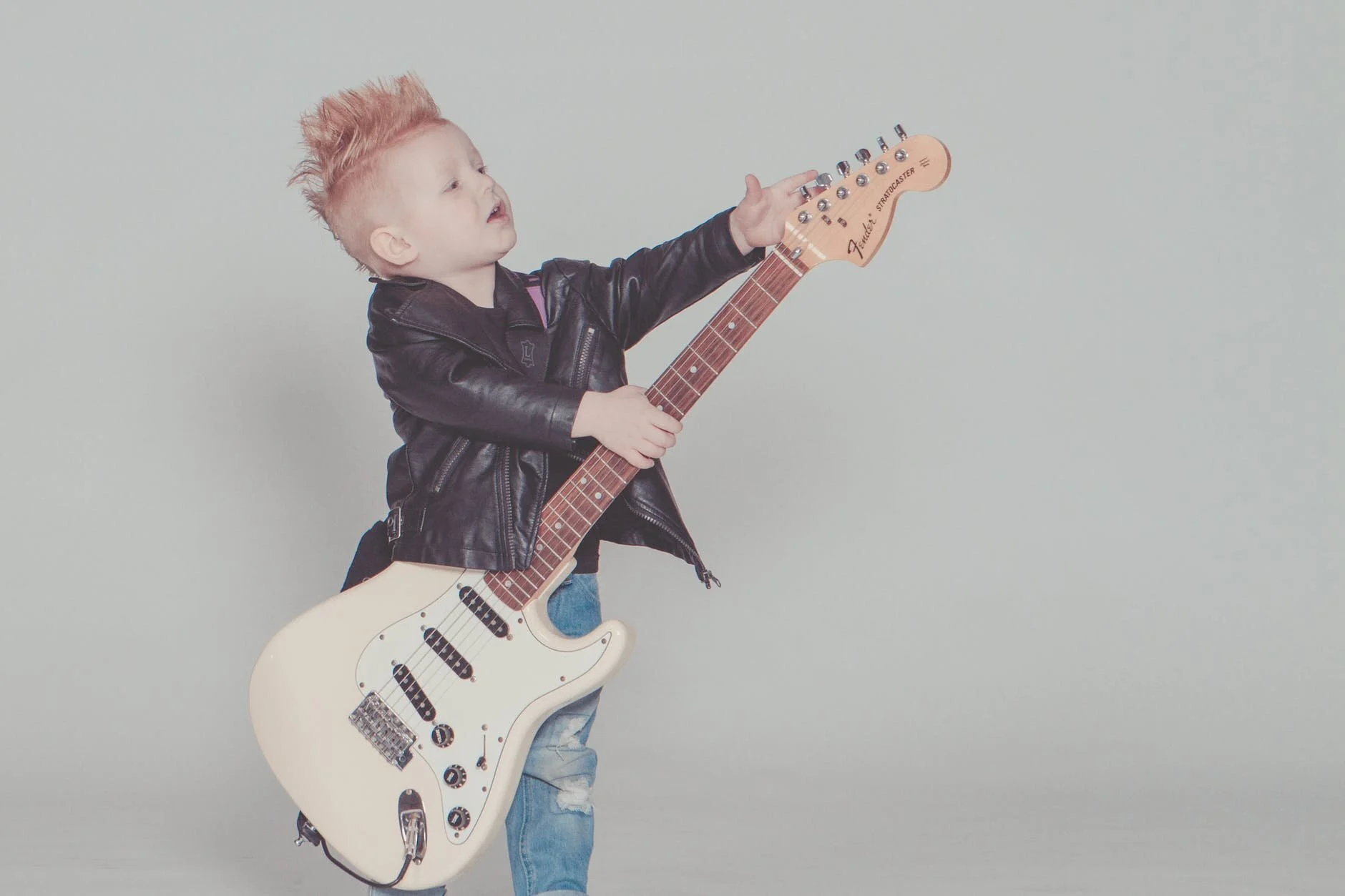Autism is a highly complex disability that affects the development of social, verbal, and cognitive abilities. Approximately one in fifty-four children in the United States is affected by autism. Analysis shows that early intervention results in positive outcomes later in life. (The Benefits Of Music Therapy For Autistic Children).
Despite this, music therapy has been linked to positive outcomes and progress in the skill development of individuals with autism. Music has become a tool used in treatment for autism is because it can stimulate both hemispheres of our brain instead of one, meaning that therapists can use songs or instruments to support cognitive activity to help build self-awareness and improved relationships. It helps encourage communicative behavior in autistic children which helps encourage interactions with others. (Dimitris)
In a band, all the instruments must interact with one another, but the player needs to interact with the instrument first. Children who have autism have trouble interacting with others, but when introduced to an instrument for therapy, they make the bond with the instrument that allows for them to open up to others through music. (Dimitris)
Why music therapy?
Studies have shown that music therapy used with children and even teens who have autism can improve social behaviors, increase focus and attention, increase communication attempts, reduce anxiety, and improve body awareness and coordination. (Dimitris)
When we listen to music, we interpret the lyrics and sound which in turn helps teach us how to communicate. For children who have autism, this means that they could potentially learn new words from a song or better understand how to act in social situations. (Dimitris)
How does music therapy help autism?
Music therapy can improve the quality of life for people with autism and offer several benefits:
· Music is multi-sensory
In many music experiences, the child receives auditory, visual, and tactile input in one place. This can often be helpful, but we must keep in mind that some children are easily overwhelmed. Music is luckily flexible and adaptable to be able to fit each child’s needs.
· Music is processed in the whole brain
When engaged in music activities, studies have shown that music is recognized by both the left and right hemispheres. Just listening to music activates neural networks that are responsible for emotions, creativity, and motor control.
· Music provides structure
Musical elements and structure create a sense of familiarity and security. It is helpful for individuals with autism to know what is coming next. For children that are very dependent on the repetition of the same activities new music experiences and songs can be introduced slowly, but while keeping most of the expected routine.
· Music can improve communication
Up to 30% of autistic children are nonverbal and many low-functioning children have difficulty with verbal commands and social awareness. Music provides an experience of self-expression that does not require words. For other children, music therapy can also help develop existing language in various ways. Music strategies can be used to help children learn to expressively and receptively label items or pictures, use carrier phrases, increase comprehension, and develop conversational skills to name a few.
· Music encourages social interactions
Children with autism have been found to show more emotional expression and social engagement from music therapy sessions than from play sessions without music.
· Music can reduce anxiety
“A small four-week study, conducted at the University of Wisconsin La Crosse in 2006, found preliminary success in reducing anxiety in patients with autism through music therapy. After 16 short, 20-minute sessions, during which the treatment patients listened to rhythmic music, the participants who received the therapy appeared to have decreased anxiety-related behaviors.”
· Music therapy can address motor, cognitive, and social skills
Autistic children usually struggle with learning letters, numbers, or colors and improving gross or fine motor skills. A music therapist can effectively create music strategies to help develop targeted skills. (Dimitris)
Music is often very appealing to and receptive to those on the autistic spectrum. Music can be utilized as a natural "reinforcer" for desired responses because it is inspiring and entertaining. Individuals with sensory aversions to certain sounds may benefit from music therapy to cope with sound sensitivities or variations in auditory processing. So if your child already appears to appreciate and respond to music, it may be worth your while to look into more benefits of music therapy.





















